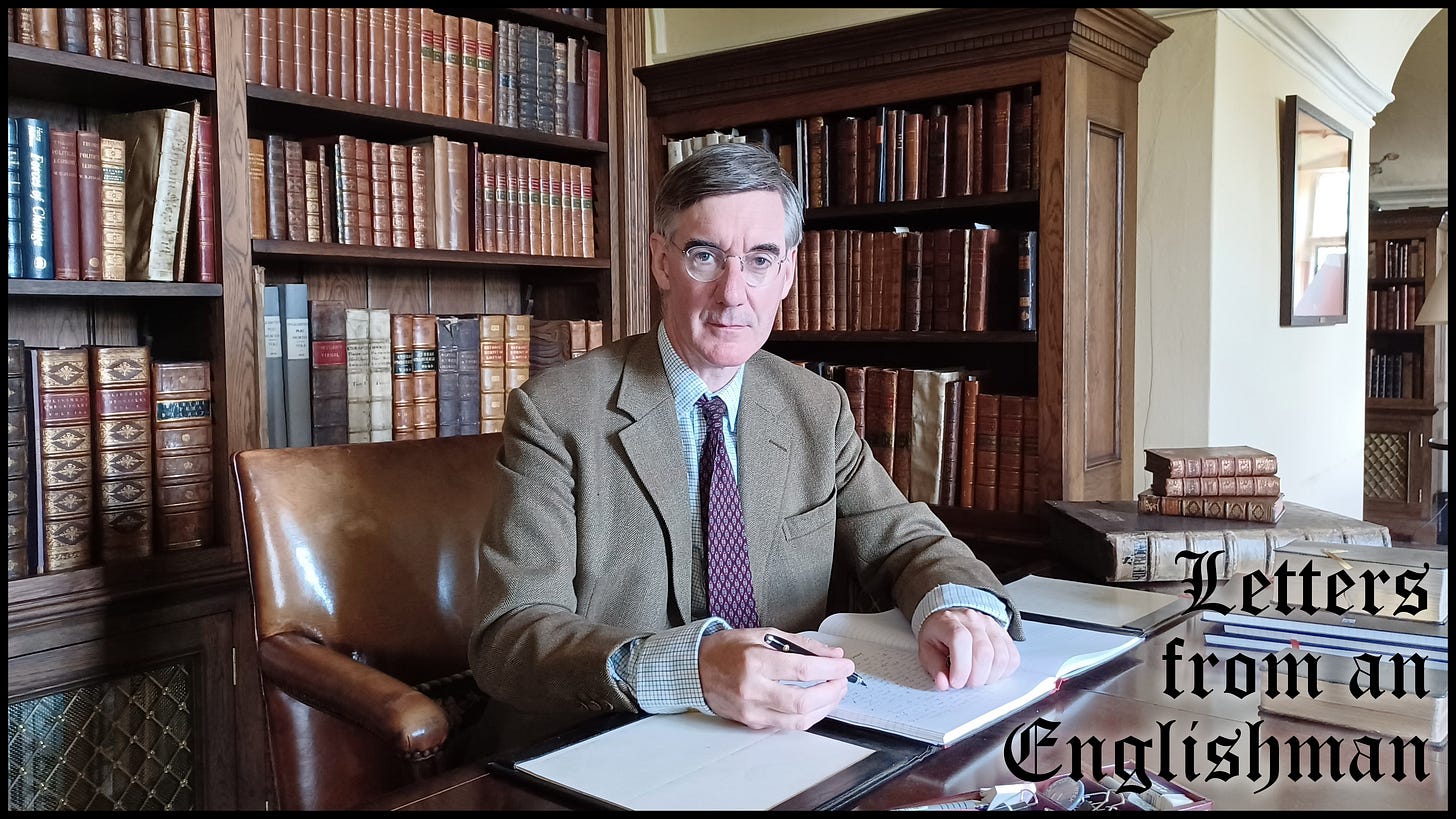Freedom of speech is under attack and, as this is one of the four pillars of the British Constitution, it is a matter of the greatest concern.
The case of Graham Linehan, the comedic writer of Father Ted, is the scandal du jour, but events such as his arrest are happening regularly. To make matters worse, they are also difficult to discuss or write about because of our sub judice laws. These in themselves are an attack on free speech, and mightily helpful to those who wish to control what we say.
They are also unclear. The purpose of the sub judice laws is to prevent a jury from being influenced by popular commentary on a live case. A jury ought to deliberate and decide solely upon the information presented to it in court, not what its members have seen or heard in the newspapers or online. Indeed, jurors have been punished for looking up further details of the case in front of them.
This is a sensible protection in theory, but the practice is to stop debate. The 1981 Contempt of Court Act prevents discussion of a criminal case once it has become ‘active’, which means the moment of arrest. This is absurd in the situation where years pass between arrest and a court hearing. The delays and lethargy of the police and prosecutors, combined with inefficiencies in the court system, mean that cases are taking two to three years from arrest to conclusion of the trial. By the time a jury hears a case, the details will have passed into the mists of time, so would not affect their deliberations.
However, it also makes discussion of the issue less interesting, because it is no longer timely. Who cares if freedom of speech was upended in a case three years ago? It can all be blamed on previous officials and politicians, so nothing needs to be done now. Thus, the sub judice rule has become part of the attack on free speech, and the authorities use it to their advantage to stop criticism of their actions. This certainly happened in Southport last year.
Hence, I cannot give my detailed view of Linehan's guilt or innocence, although he is entitled to the presumption of innocence, as we all are, but I can discuss the general principles involved.













